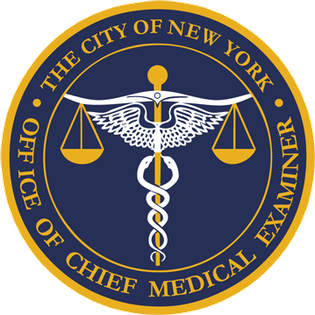"We have no tolerance for scam artists who pose as lawyers and deceive
New Yorkers in need of legal help," Governor Cuomo said. "This new law
will help hold accountable individuals who defraud New Yorkers by
offering services they are not licensed to provide accountable. I thank
the bill sponsors for their efforts on this important legislation."
For most professions licensed by New York State, unlicensed practice constitutes a class E felony but under current law, unlicensed practice of law constitutes a misdemeanor. The new law will make serious instances of unlicensed practice of law a felony.
The new law takes effect November 1, 2013.
Senator Charles Fuschillo said, "Someone who hires an attorney is paying and entrusting that attorney to carry out some of their most important personal and financial wishes, such as buying or selling their home or creating a will. Scam artists who pose as licensed attorneys and jeopardize these important matters should face tougher penalties. I applaud Governor Cuomo for approving this law which will help ensure that phony lawyers receive real punishment for defrauding consumers."
Assembly Member Ed Braunstein said, "Over the past several years, there have been hundreds of complaints by immigrants who have been victimized by fraudulent attorneys. No one should ever be forced to leave the country because of the practices of dishonest con-artists claiming to be lawyers. By having this law signed, we are standing up for the rights of all New Yorkers to ensure that individuals receive proper legal assistance."
See https://www.governor.ny.gov/news/governor-cuomo-signs-legislation-make-unlicensed-practice-law-felony
For most professions licensed by New York State, unlicensed practice constitutes a class E felony but under current law, unlicensed practice of law constitutes a misdemeanor. The new law will make serious instances of unlicensed practice of law a felony.
The new law takes effect November 1, 2013.
Senator Charles Fuschillo said, "Someone who hires an attorney is paying and entrusting that attorney to carry out some of their most important personal and financial wishes, such as buying or selling their home or creating a will. Scam artists who pose as licensed attorneys and jeopardize these important matters should face tougher penalties. I applaud Governor Cuomo for approving this law which will help ensure that phony lawyers receive real punishment for defrauding consumers."
Assembly Member Ed Braunstein said, "Over the past several years, there have been hundreds of complaints by immigrants who have been victimized by fraudulent attorneys. No one should ever be forced to leave the country because of the practices of dishonest con-artists claiming to be lawyers. By having this law signed, we are standing up for the rights of all New Yorkers to ensure that individuals receive proper legal assistance."
See https://www.governor.ny.gov/news/governor-cuomo-signs-legislation-make-unlicensed-practice-law-felony















